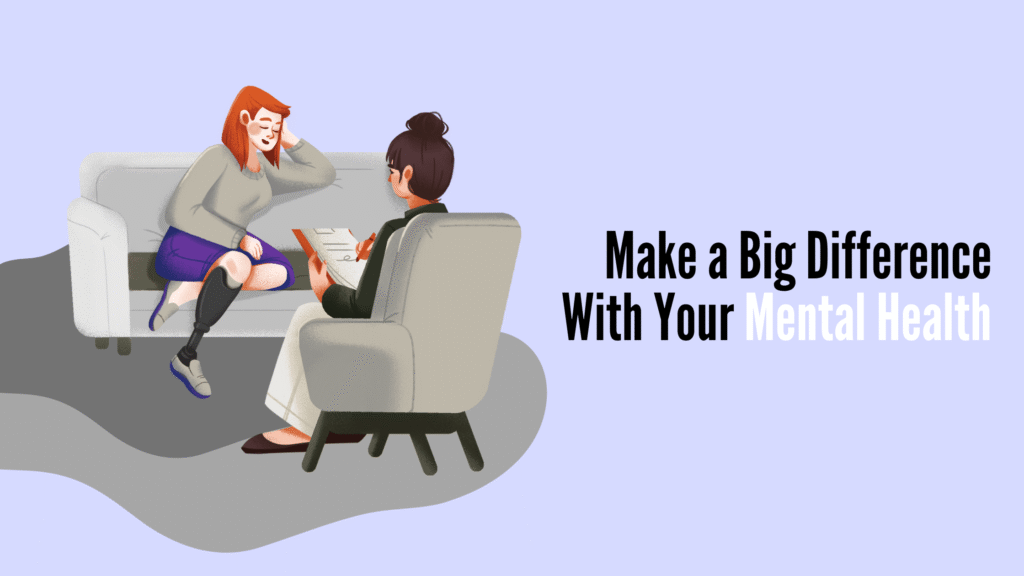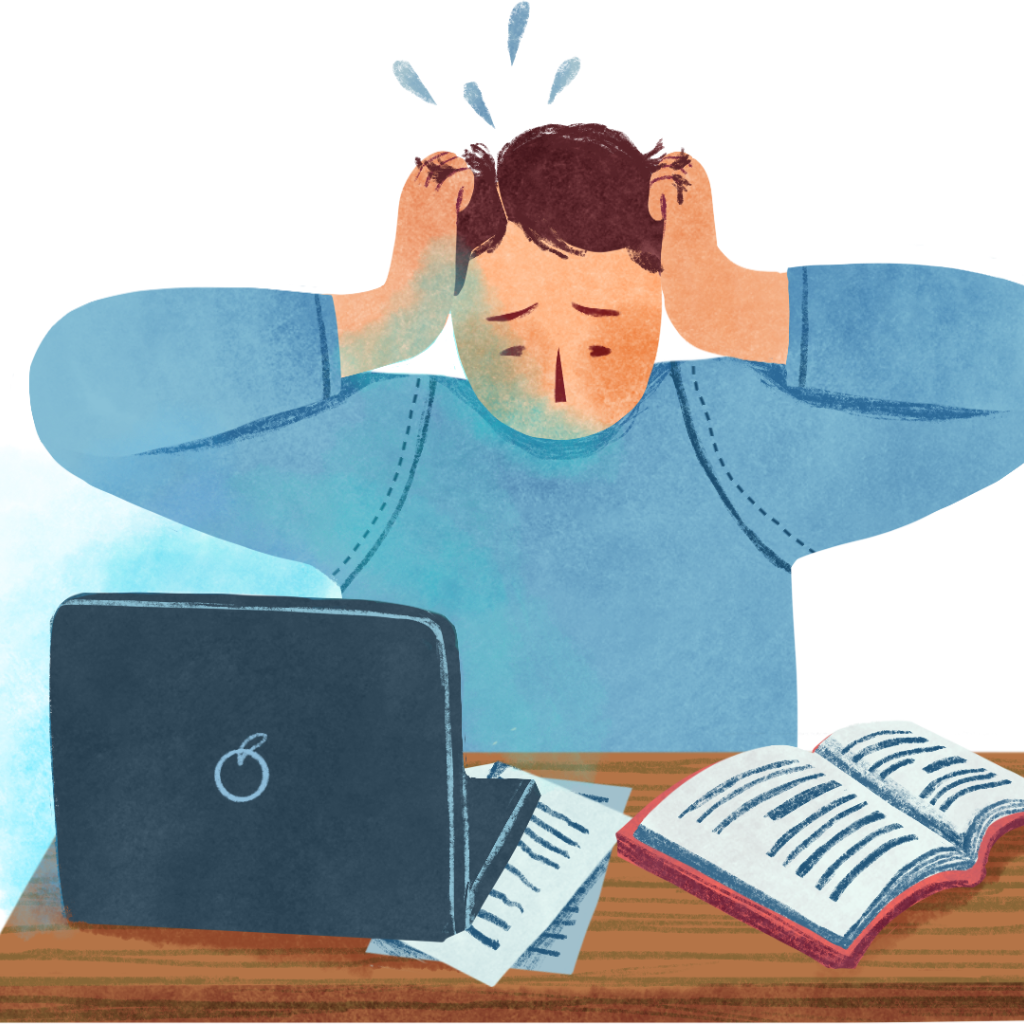
Mental health is a critical aspect of overall well-being, encompassing how individuals think, feel, and behave in daily life.
It influences how people handle stress, relate to others, and make decisions.
Understanding why mental health matters because is essential, as it affects every stage of life, from childhood to adulthood.
This blog explores the definition, components, importance, and ways to maintain cognitive health.
Mental Health table of contents
Table of Contents
Defining Mental Health
Mental health refers to a person’s emotional, psychological, and social well-being.
According to the World Health Organization (WHO), mental health is a state of well-being in which an individual realizes their abilities.
It can cope with normal life stresses, work productively, and contribute to their community.
It’s not just the absence of mental disorders but a positive state of functioning.
Mental health includes managing emotions, maintaining healthy relationships, and adapting to challenges.
At the other, they may face challenges like anxiety, depression, or other mental health matters based on the conditions.
Everyone’s mental health matters because fluctuates due to life events, stress, or biological factors, making it a dynamic aspect of life.
Why Mental Health Matters
Mental health is foundational to living a fulfilling life. It impacts physical health, relationships, and productivity.
Poor mental health can lead to physical issues like heart disease or weakened immunity, as stress hormones affect the body.
Credits to Nahamsec
Conversely, good support groups enhances life quality, fostering better decision-making and stronger social connections.
In workplaces, Psychological health by the Psychiatric care team will influence performance and engagement. with mentally strong and are more likely to be creative, focused, and collaborative.
In schools, children with balanced health to perform better academically and socially.
Societally, prioritizing by reduces stigma, encouraging people to seek help without fear of judgment.
4 Key Components of Mental Health Matters
Mental health comprises several interconnected elements:
- Emotional Well-Being: This involves understanding and managing emotions like sadness, joy, or anger. Healthy emotional regulation allows individuals to process feelings constructively.
- Psychological Well-Being: This includes self-esteem, resilience, and a sense of purpose. It’s about feeling capable and finding meaning in life.
- Social Well-Being: Strong relationships and a sense of belonging are vital. Social connections provide support and reduce feelings of isolation.
- Cognitive Functioning: This affects thinking, memory, and decision-making. Clarity in thought processes supports problem-solving and creativity.
These components work together. For example, poor social well-being, like loneliness, can harm emotional health, leading to anxiety or depression.
Factors Influencing why Mental Health Matters
Behavioral health is shaped by a mix of biological, environmental, and lifestyle factors.
Genetics can predispose individuals to conditions like bipolar disorder.
- Brain chemistry, such as imbalances in serotonin, also plays a role.
- Environmental factors, including trauma, abuse, or socioeconomic challenges, can strain your health mentally.
- Lifestyle choices, like diet, exercise, and sleep, further impact emotional and psychological well-being.
- Stressful life events, such as losing a job or experiencing grief, can challenge it.
However, protective factors like supportive relationships, access to resources, and coping skills can mitigate these effects.
Understanding these influences helps individuals take proactive steps to nurture them.
Common Mental Health Challenges
Mental health matters because of the disorders are common, affecting millions worldwide.
Conditions like anxiety, depression, and post-traumatic stress disorder (PTSD) can disrupt daily life.

Anxiety involves excessive worry, while depression brings persistent sadness and loss of interest. PTSD may arise after trauma, causing flashbacks or hypervigilance.
These conditions are treatable with therapy, medication, or lifestyle changes, but stigma often prevents people from seeking help.
Recognizing signs of this disorder struggles—such as prolonged sadness, irritability, or withdrawal—is crucial.
Early intervention can prevent conditions from worsening, improving outcomes.
How to Support Emotional Wellness
Maintaining mental health requires intentional effort. Here are practical strategies:
- Practice Self-Care: Engage in activities that promote relaxation, like meditation, journaling, or hobbies. Regular exercise boosts endorphins, improving mood.
- Build Support Systems: Connect with friends, family, or support groups. Sharing experiences fosters understanding and reduces isolation.
- Seek Professional Help: Therapists or counseling by the counselors can provide tools to manage stress or mental health conditions. Online platforms make this therapy more accessible.
- Prioritize Physical Health: A balanced diet, adequate sleep, and hydration support brain function and emotional stability.
- Manage Stress: Techniques like deep breathing, mindfulness, or time management can reduce stress’s impact on matters of mental health. If you are feeling stressful, here is the Crisis helpline will help you out.
Breaking the Stigma of Mental Health Matters Really
Despite its importance, mental health is often misunderstood.
Stigma can make individuals feel ashamed to discuss struggles or seek help. Education is key to changing perceptions.
By openly discussing mental health why matters, society can normalize seeking support, ensuring more people access resources.
Conclusion
Mental health matters is a vital part of human experience, influencing how we navigate life’s highs and lows.
It’s not static but a dynamic state that requires care and attention.
By understanding behavioral health components, recognizing challenges, and adopting supportive practices, individuals can thrive emotionally, psychologically, and socially.
Prioritizing mental illness benefits not only individuals but also communities, fostering a more compassionate world.
If you’re curious about your bipolar disorder, start by reflecting on your well-being and reaching out for support when needed.
Thank you for reading my blog, if any queries please let me know!

